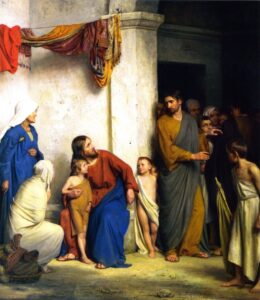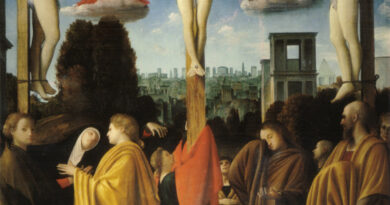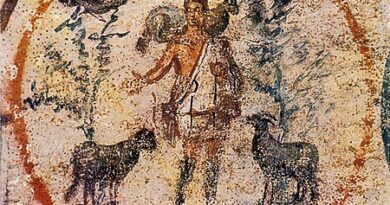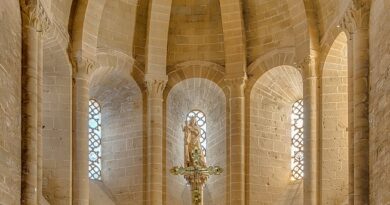Twenty-fifth Sunday of Ordinary Time/B
Massimo Palombella

In today’s Gospel (Mk 9:30-37) Jesus teaches the disciples about his passion, death and resurrection (‘The Son of Man is delivered into the hands of men and they will kill him; but once he is killed, after three days he will rise’) but they, the disciples, do not understand his words and are afraid to question him.
The disciples’ “not understanding” belongs to us, and we find ourselves in the same situation as them every time we come up against something that is outside our schemes, our expectations, what for us represents a kind of normality. Faced with novelty, it is normal, at first, not to understand, but we may fall into the subtle temptation of remaining in ‘non-understanding’, implicitly encoding an approach to reality where only what we understand and what fits into our schemes can exist. This could also happen with the Lord. In essence, we could construct for ourselves a god who basically leaves us alone, endorses and blesses all our decisions, a god to whom we address our prayers when we have time, and who absolutely must help us when we need it. It is obvious that such a god cannot exist, similarly to an existence where only what we understand has a place. This god and this existence illude us into living in a silent deception that slowly leads us to death. If our relationship with the Lord is authentic, true, not without effort our little patterns are broken, our tiny, petty horizons are expanded, our lives are soundly challenged and led – gently but firmly – to be ‘life in abundance’.
The Offertory Antiphon of today’s Celebration is taken from Psalm 137 (Ps 137:7) with the following text:
“Si ambulavero in medio tribulationis, vivificabis me, Domine:
et super iram inimicorum meorum extendes manum tuam,
et salvum me fecit dextera tua.”
The attached music, in Gregorian Chant, is taken from the Graduale Triplex published in Solesmes in 1979. The performance is by the Regensburger Domspatzen conducted by Josef Kohlhaufl. The music track can be found on the CD ‘Cantate Canticum Novum: Gregorian Chants for the Liturgical Year’ published by NAXOS of America in 2013.
A blessed Sunday and heartfelt greetings.


